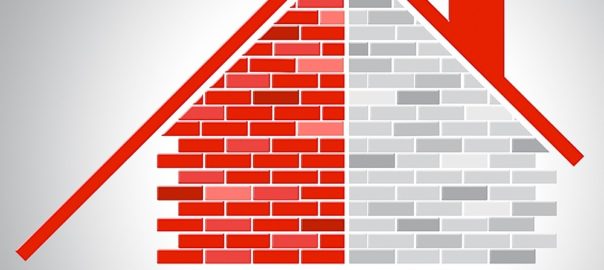4 Things To Consider If You Are Thinking About Refinancing
By Paul Esajian on December 21, 2016
The mortgage market is constantly changing. Between new loan programs, changes in underwriting guidelines and constantly moving interest rates there is no way to truly know which way the market is headed. If you have a portfolio you should take a look at it from time to time to see if refinancing makes sense. When most people think of refinancing they think about lowering their monthly payment. While this is certainly a viable option refinancing can also mean changing your loan term or taking cash out. Whether or not refinancing makes sense depends on a number of factors including the change in payment, cost of refinancing and what you plan on doing with any cash out. Here are four important things you should consider if you are thinking about refinancing.
- What Are Your Plans For The Property? A refinance should be viewed as a long term commitment. Even if you plan on using any funds received at the closing for the short term you still need to think long term about the monthly payments. This requires you to take a look at your short and long term plans for the property. How long do you intend to own the property? If you only want to hang onto it for a few more years you can consider short term adjustable interest rate loans with a lower monthly payment. If you don’t anticipate selling any time soon you would look at a long term thirty year loan. Your property plans will also impact the type of closing credits you would look for as well as specific loan products. Whether or not you view the property as a long term holding impacts almost every decision you make regarding a refinance. Always consider this first before you get too far along in the process.
- What Is The Change In Monthly Payment? When evaluating whether or not a refinance makes sense you should look at the change in monthly payment. For a rental property cash flow is usually the barometer of the property’s value. With a higher loan amount your monthly payment will increase thus reducing your cash flow. This may make sense if you are taking cash out but something to think about if your expenses are high and the rent received is at the high end of the market. Perhaps you have an opportunity to lower the term of your loan. Reducing the term will knock years of payments off the life of the loan but will increase your monthly payment. The shorter the term the less months to pay back the loan and the higher the monthly payment. You need to know that you can comfortably make the higher payment before you commit to it. If you aren’t fully sold you can always keep the longer term and add an extra principal payment whenever you feel like it.
- Equity. Equity can be simply defined as the difference between your loan balance and the value of the property. In theory you should have an idea of your equity position at all times. The problem with this is that equity is a moving target and you never really know the value until you put your home on the market. That being said it is important to consider equity when you are refinancing. When you refinance you are going to reduce your equity unless you plan on bringing money to the closing. Reduced equity drops the number of options you have with the property. You may not be able to take another loan out or sell quickly in a pinch. You also give yourself little margin for error if the market changes and values decline. The reduction in equity is more than just the cash you plan on taking out. There are a whole new set of closing costs and property taxes that must be accounted for. These will increase your loan amount and reduce your available equity.
- Closing Costs/Taxes. As we mentioned there is more that goes into a refinance than what you currently owe. There are several costs and fees that have to be taken into account. These can completely change your feeling on the refinance. For starters there is the basic set of closing costs on almost every loan. You should expect to pay lender fees, loan points, attorney fees, title search and title insurance just to name a few. As a general rule of thumb your closing costs will total roughly 2-3% of the loan amount. These will vary on your credit profile, loan program and specific lender. There is also the matter of property taxes. With every refinance you need to escrow your annual property taxes. Your new lender will hold anywhere from three to nine months of additional taxes depending on when you close. They will make the annual tax payment for you and you pay them back in the monthly payment. They will always have a cushion of additional taxes in the event the town decides to suddenly increase the mill rate. The taxes alone will equal several thousand dollars to your closing cost bottom line.
If you plan on taking cash out of the property you should have a firm idea of exactly what you intend on doing with the funds. Taking equity simply to have it is often a recipe for disaster. Deciding whether or not to refinance means weighing the pros and cons. If the positives outweigh the negative you know that a refinance may be the best move to make.